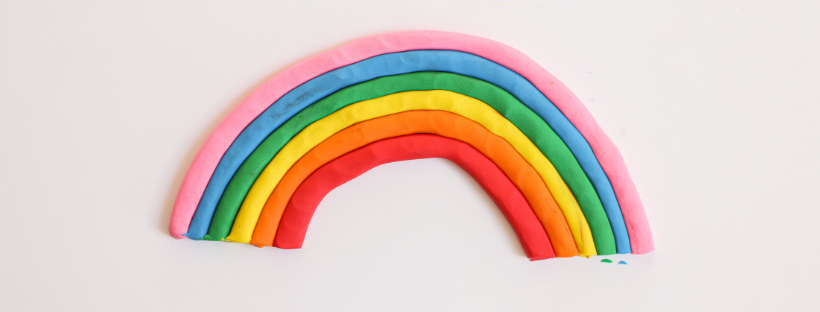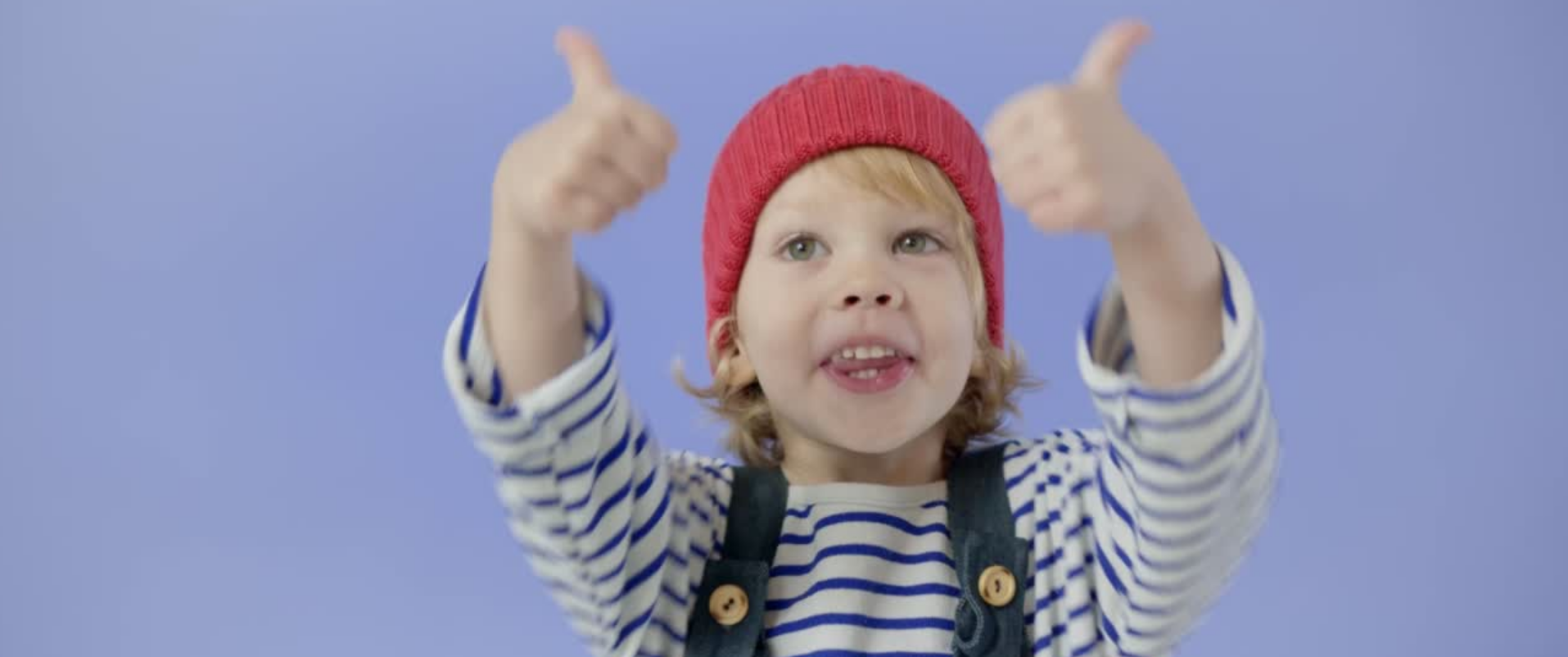
Wondering what to do next with the children? Painting is a great activity that invites children to play and explore the world of colors! Art activities are a way to relax, pursue creativity, learn about colors, play with water and practice fine motor skills.
How to prepare?
For watercolor painting, you will need watercolors, paint brush(es), large heavyweight white paper, masking tape for making the paper stay still, and cups of water.
When you are starting a watercolor painting with children it is good to teach the basics in the very beginning:
- Show children how to dip the paintbrush into the water
- Show children how to take color onto the paintbrush
- Remind children to wash the paintbrush in between changing colors
- Show children the magic of color mixing
- yellow + blue = green
- red + blue = purple
- yellow + red = orange
Then let the children lead!
When you have set everything ready, there is really not much more to do than letting the children lead the game. Let the children decide what colors to use and what type of marks to paint.
It is much more fun and surprising when you do not give any specific orders or ideas on painting.
In case you are painting with little children, it is a good idea to assist with changing colors and washing the paintbrush every once in a while. With older children, you can for example give them a black permanent marker to add some drawings along the watercolor paint.
When the children seem ready, you may ask what did they paint and write down the name of the child/artist, the date, and what is on the picture described by the artist him/herself.
Also, remind the children to clean the paintbrush with lukewarm water after painting. Too hot water or soap can damage the paint brushes. You can clean the brush easily by making circles on your palm under the running water. When all the color has washed off, then set the paint brushes aside to dry.
Need more ideas?
Below are some links for more ideas on watercolor painting with children. Have fun!
.png)

.png)
.png) Children just LOVE to play! Therefore, in early childhood education and care, play is the most important way of learning. See the tips and a practical example of how to incorporate learning in play in a pedagogical manner - and soon the children love love love to learn too!
Children just LOVE to play! Therefore, in early childhood education and care, play is the most important way of learning. See the tips and a practical example of how to incorporate learning in play in a pedagogical manner - and soon the children love love love to learn too!